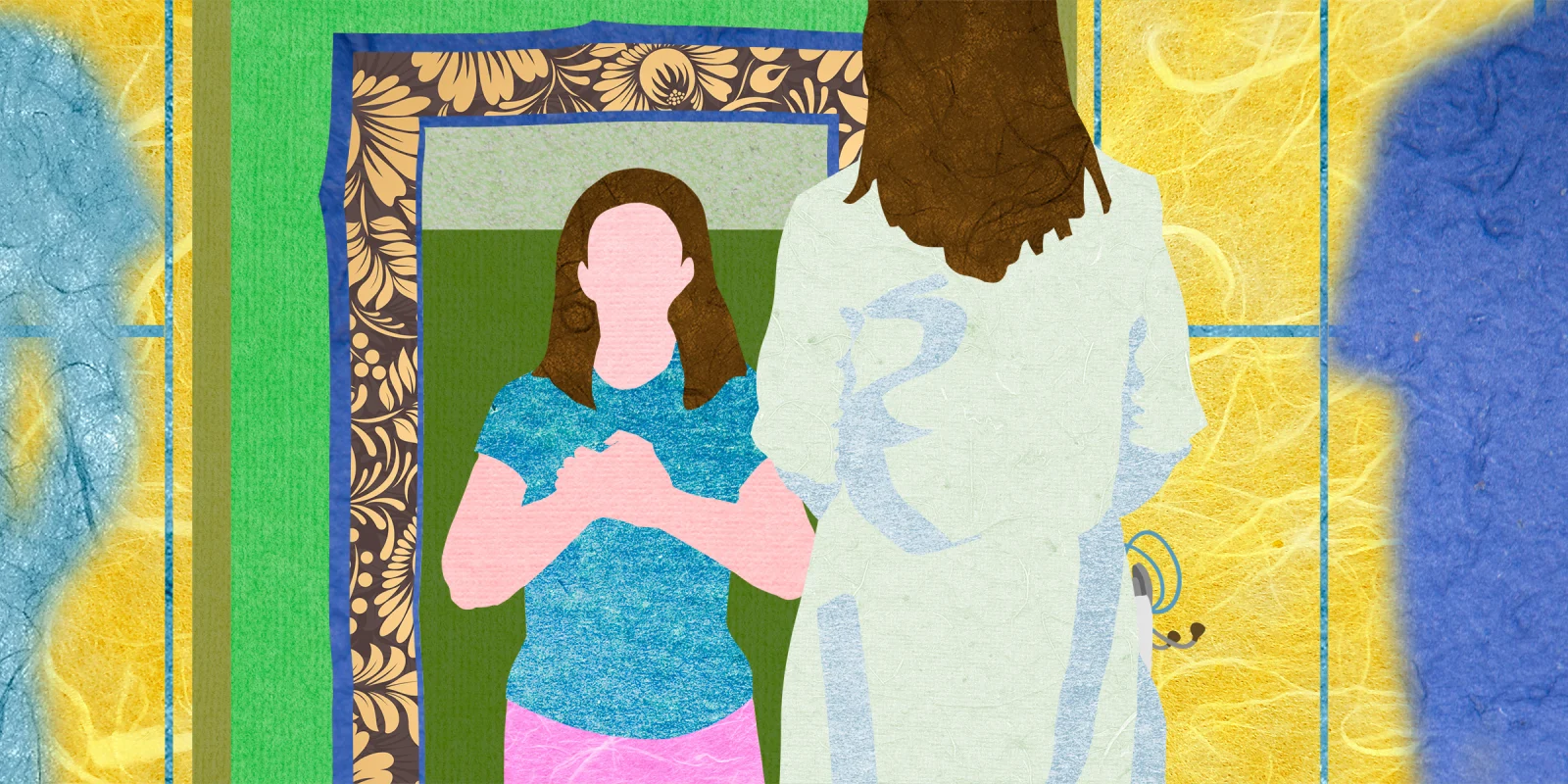As physicians and health care providers, we can inadvertently develop a sense of invincibility. Throughout our grueling medical training, how many resuscitations have we taken part in where we remain standing when the patient never makes it?
As the daughter of a surgeon, I was constantly driven to excel and achieve from a young age. I was even voted “biggest perfectionist” in one of my high school yearbook’s superlatives, and I put all my energy and focus into becoming a physician. In medicine, the numerous exams, research projects, and extracurriculars you do in order to earn admission into medical school are just the start of an extensive cycle you rinse and repeat until your last day of training.
Even though it was years ago, I still remember how grateful I was to finally be done with my training. Still, impostor syndrome quickly crept in. Am I really ready? I was terrified of making mistakes — and failing — because I didn’t want to let anyone down. As a PCP, I stayed at work late, writing comprehensive notes, making patient phone calls, reviewing labs, coordinating with specialists, etc. Thankfully, my boss believed in this thing called “work-life balance” and reminded me that I was a salaried employee and that I should go home.
While I learned with the “see one, do one, teach one” method, I also grew a tremendous amount with each mistake I made, big or small. I understand that the mistakes in an outpatient setting may not be necessarily life-threatening, but it doesn’t mean that they’re not important or impactful to someone’s life. I know I became a better clinician through requesting feedback and developing skills to listen intently, sit with silence, and ask questions in a nonjudgmental way. I wanted to create a container for safety and connection, and to be open and honest, instead of an inauthentic cloak; I didn’t want to just “fake it till you make it.”
So what happens when you do make a mistake? Do you own up to it and quickly move on? Or do you stay stuck in a repetitive thought-loop cycle teeming with self-judgment and criticism, wishing you didn’t say or do something that you did while your inner critic berates you for the 348th time in your head?
We often forget that much of our inner critic developed during childhood adaptation, when we were completely reliant on our caregivers. We directed blame inward instead of outward because we regarded our caregivers as infallible, otherwise we would not have been able to survive. Over time, the thousands of unconscious thoughts repeating in our minds forge into deeply ingrained beliefs that often don’t serve us well. Similarly, when we make a mistake, it is interpreted as psychological stress that triggers our primitive brain to kick into sympathetic overdrive and fight-or-flight mode. We can stay stuck and prolong this acute stress response for days, weeks, or even longer.
While it is never my intention to cause patients harm or not to fully show up at work, I have made many mistakes, and know I will continue to do so. Through working with life coaches, I gained so much clarity surrounding my true purpose and core values. I was so inspired that I became a life coach and mindfulness teacher myself, so I could offer the same support to others, including clinicians. As I’ve learned more about myself on this healing journey, I have embraced the power of self-compassion and reframed my mindset to more easily let go of my past. I remind myself that I am human and that it’s normal to experience struggles like others do. I offer words of kindness to myself instead of wallowing and ruminating in toxic shame. And I practice mindfulness to stay present, knowing that it is exactly what I need to be able to experience every moment and to remember that no moment is forever.
It’s easier said than done. But with intention and practice, I have been able to offer this to myself and others with more ease and grace. I truly believe that we are here to learn and grow, and that every day is an opportunity to share our gifts with the world. To my fellow clinicians, thank you for all that you do.
What techniques do you employ to continue to thrive as a clinician? Share your approach in the comment section.
Cindy Tsai, MD, is a board-certified internal medicine physician, mindfulness teacher, and integrative life coach with a mission to empower high-performing women to look within and quiet their inner critic to confidently live their best life. Connect with Cindy on social media and find out more at www.cindytsaimd.com.
Illustration by Jennifer Bogartz







